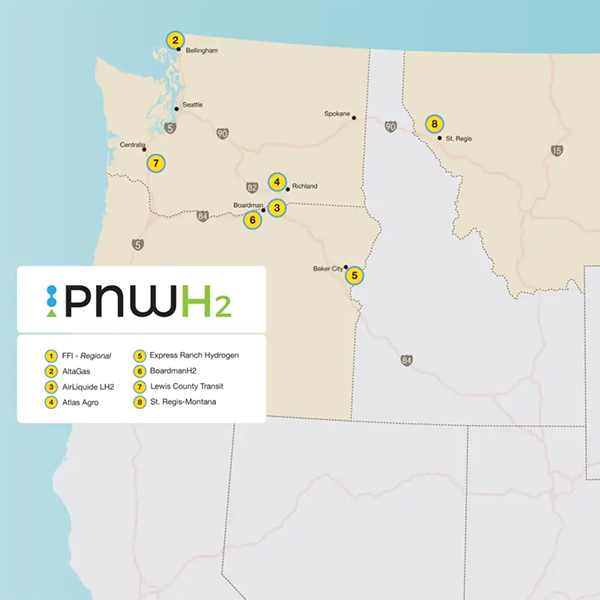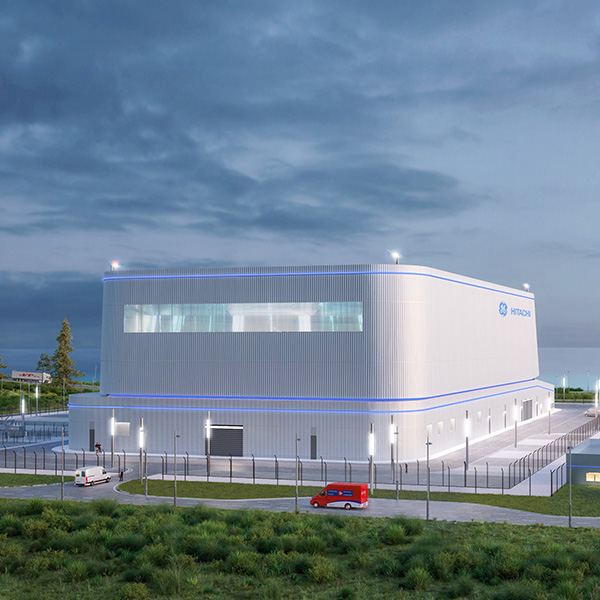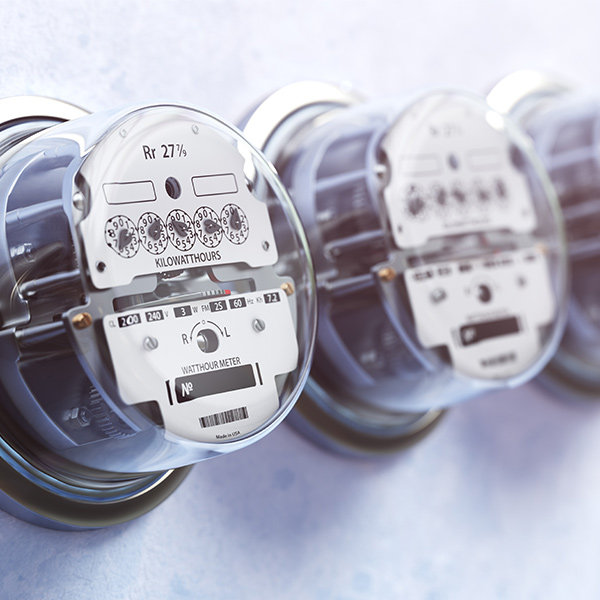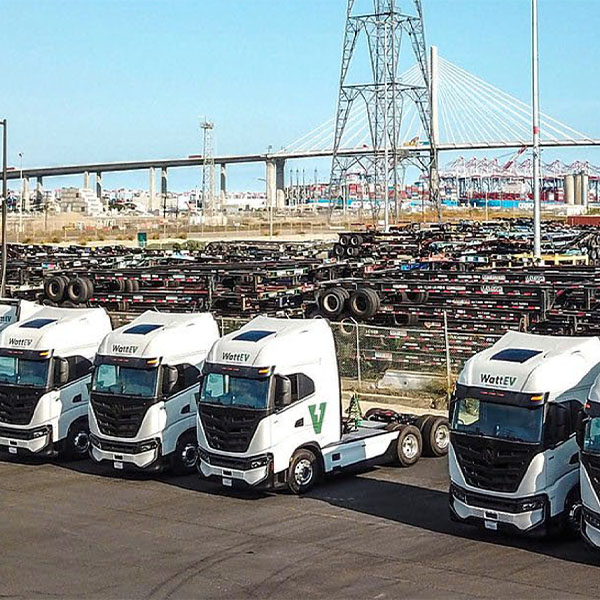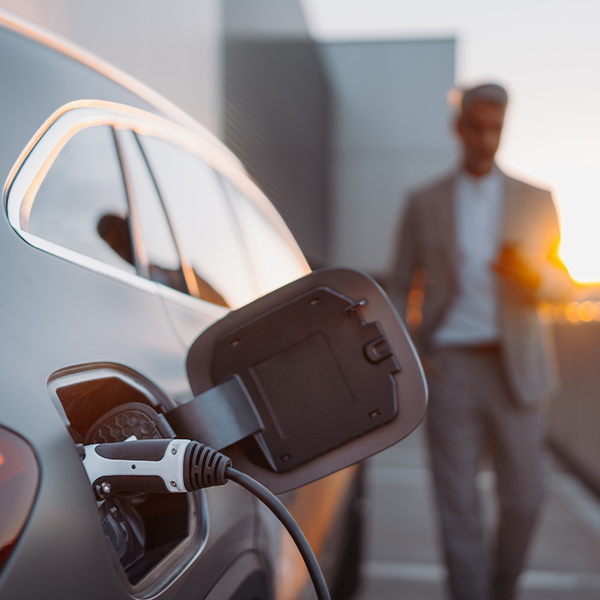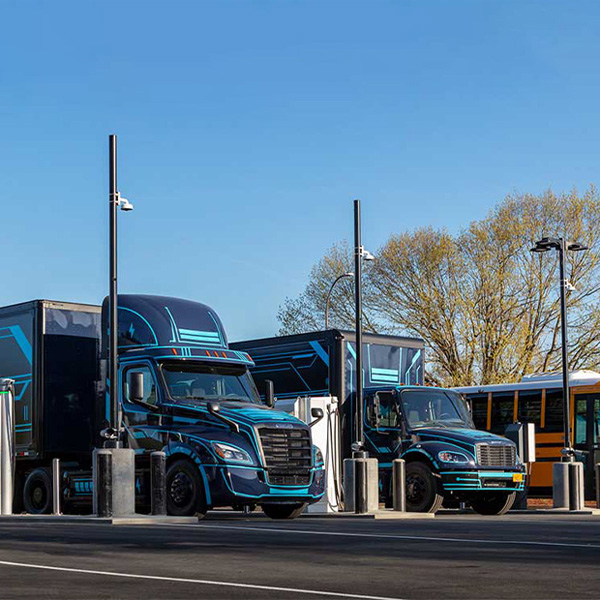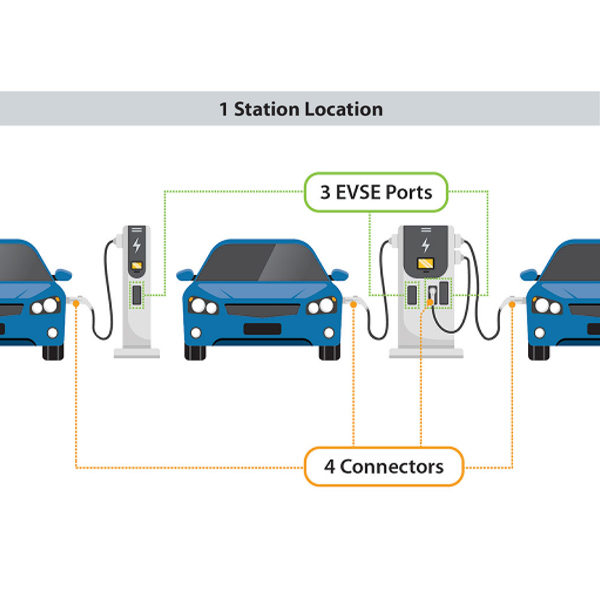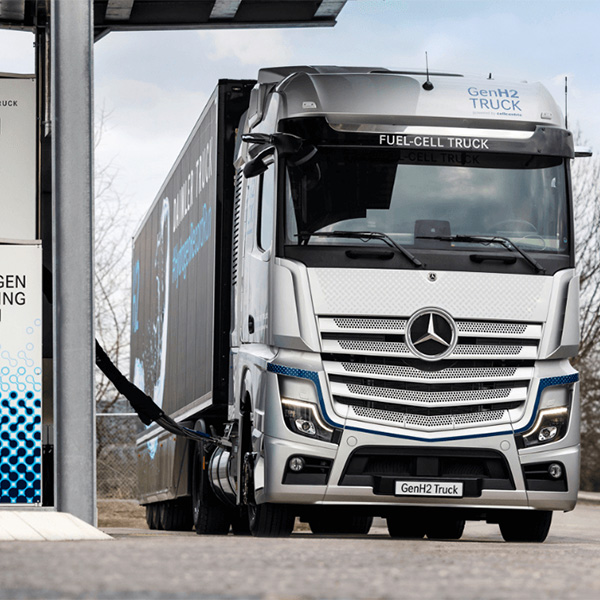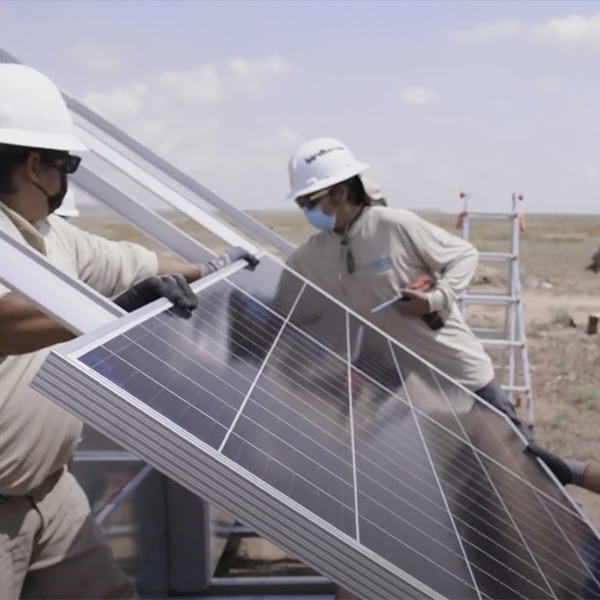Infrastructure Investment and Jobs Act (IIJA)
The Pacific Northwest Hydrogen Association said it secured the first slice of a $1 billion DOE grant to develop a network of clean hydrogen suppliers and consumers across the region.
The new federal funding is aimed at building market confidence that the U.S. nuclear industry will be able to incorporate the lessons learned at Vogtle to deliver a new round of safer, more efficient SMRs on time and on budget.
ACEEE published a paper showing how states can maximize the impact of federal funds for home energy retrofits.
The Clean School Bus program’s focus on the risks diesel emissions pose to children’s health and the benefits of electric school buses has made it less controversial than other Biden administration transportation electrification initiatives.
Environmental groups are urging the California Energy Commission to use the state’s remaining $233 million in NEVI funds to build chargers for the surge of electric trucks expected in the next decade.
According to Kelley Blue Book, the slow-down in EV sales could be a sign that "EVs are almost mainstream cars in parts of the country. Segment growth typically slows as volume increases."
EPA announced nearly $1 billion in grants from the Inflation Reduction Act to help cities, states, territories and school districts trade in their diesel-burning heavy-duty trucks and buses for new zero-emission vehicles.
The California Energy Commission and Department of Transportation are seeking feedback on a state grant program designed to replace and repair more than 1,300 chargers at 300 sites statewide.
The DOE's funding announcement is part of the administration’s effort on clean hydrogen, seen as an emerging technology that offers the U.S. an opportunity to lead the global market.
About 300 off-grid homes in the Hopi and Navajo nations soon could have electricity from solar and storage systems paid for with part of $366 million in federal funding.
Want more? Advanced Search
